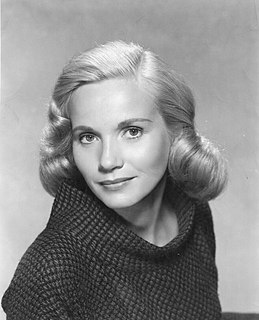A Quote by Georg C. Lichtenberg
Just as there are polysyllabic words that say very little, so there are also monosyllabic words of infinite meaning.
Related Quotes
One listens to a piece of great music, say, and feels deeply moved by it, and wants to put this feeling into words, but it can't be put into words. That's what - the music has already supplied the meaning, and words will just be superfluous after that. But it's that kind of verbal meaning that can't be verbalized that I try to get at in poetry.
When I'm performing, the crowd just disappears, it's like everyone merges - one big person. You just say the words and people will say the words back to you. And it's just so rehearsed. I have a lot of songs I couldn't forget the words if I tried. So you get in there, you lose yourself and it's all good.
Every big company has some little guy who is an enthusiast off in the corner working on technology. In Japan, it is integrated into their high-level strategy. They see it as a communication medium, because for them, just the words? - ?and this is the problem that they have with Americans? - ?just the words they say to you is not the complete message. Their facial expressions, their body language, there is a lot of context. Also, their written language doesn't translate to keyboards well.




































